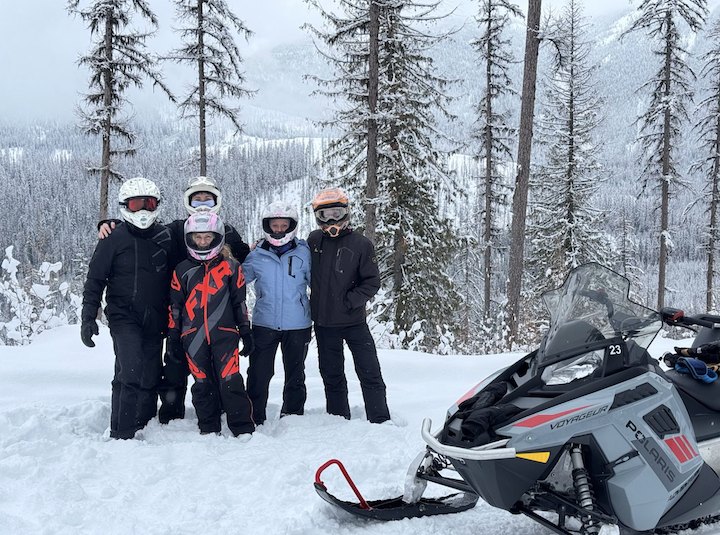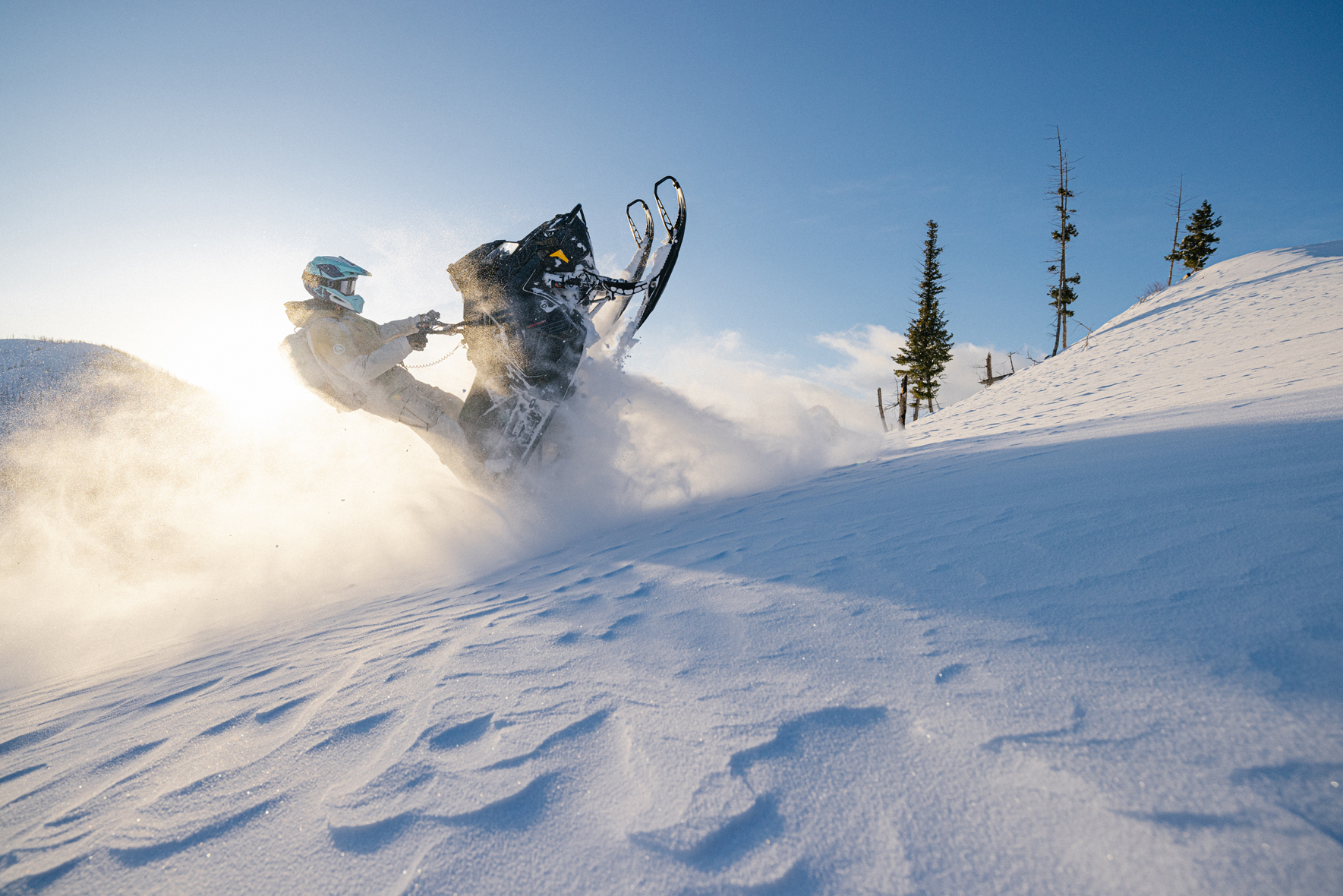Know Before You Go
PLEASE NOTE: While we always encourage responsible recreation, this year, visitors are being asked to step up their efforts and be even more mindful of their presence and impact while enjoying the outdoors.
TEMPORARY AIRPORT CLOSURE IN JULY 2026
The Glacier Park International Airport (FCA) in Kalispell, Montana, will have limited days of service each week in July 2026 due to runway resurfacing.The temporary interruption in service may include limited or no flight availability on certain days and increased pricing that is not reflective of normal schedules and pricing. This closure will take place from July 6 to July 31, 2026, with the area closed weekly from Mondays at 6 p.m. through Fridays at 10 a.m. Airlines will reflect the temporary closure on their booking platforms.
Travelers should keep in mind that Missoula Montana Airport (MSO) and Glacier Park International Airport (FCA) are less than 2.5 hours from each other by car, and Great Falls International Airport (GTF) is roughly a two-hour drive from East Glacier Park, so the Western Montana area will remain readily accessible to visitors. Consider incorporating an alternate airport into your travel plans and turn the drive into part of the experience—an opportunity to experience the scenic routes and charming small towns that connect these two regional gateways.
VISITING GLACIER NATIONAL PARK
International Visitor Information for the Park
Visitors who reside outside the United States should be aware of additional entrance requirements and fee options when planning a trip to Glacier National Park.
Non-Resident Annual Pass: The America the Beautiful Non-Resident Annual Pass is available for $250. This pass covers one private vehicle, two motorcycles, or the passholder plus three additional adults at sites that charge per person rather than per vehicle. Other America the Beautiful passes are reserved for U.S. citizens and permanent residents only.
Free Entrance Days: Complimentary entrance days apply only to U.S. citizens and permanent residents. International visitors are still responsible for standard entrance fees unless they hold a Non-Resident Annual Pass.
Non-Resident Entrance Fee: Visitors age 16 and older who reside outside the U.S. are required to pay a $100 non-resident fee in addition to the standard park entrance fee, unless admitted under a qualifying annual or America the Beautiful pass. Learn more here.
Commercial and Guided Tours: The $100 non-resident fee also applies to international visitors participating in commercial tours, Commercial Use Authorization (CUA) trips and concessionaire-led tours, unless they use a Non-Resident Annual Pass. Learn more here.
Going-to-the-Sun Road Status
- The alpine section of Going-to-the-Sun Road has closed for the season.
- Travel on other sections of the road, including hiker-biker access, may change at any time due to winter weather conditions.
Construction Delays + Closures
- Read about construction delays and closures here.
Current Operations
- Primitive camping is available at Apgar and St. Mary Campgrounds.
- Restrooms and potable water are available at Apgar Visitor Center plaza 24 hours a day.
- Park concessioners operating lodging, restaurants, boat rentals, horseback rides and bus tours have closed for the season.
- Buy your national park entrance pass in advance here.
INTERNATIONAL TRAVEL TO MONTANA
Traveling to Montana from another country? A warm welcome is waiting for you. We want your journey to start off smoothly, so here’s a simple guide to help you prepare for your arrival and understand what to expect when entering the country.
Before You Travel: Be Prepared
Make sure your passport is valid. Your passport should be valid for at least six months beyond your planned stay, unless you are a citizen of an exempt country.
Do you need a visa or ESTA?
- If you're from a country in the Visa Waiver Program, apply for ESTA online before your trip.
- If not, you’ll need to apply for a visitor visa (B-1/B-2) at a U.S. embassy or consulate in your country.
Visa applicants will need to:
- Fill out a visa application (form DS-160).
- Pay the application fee.
- Bring your documents, including your passport, a photo and any supporting materials, to your visa appointment.
Speed up entry if eligible:
If you are eligible, enroll in a Trusted Traveler Program like Global Entry. You may be able to use the Mobile Passport Control app for faster processing at certain U.S. airports.
When You Arrive: What to Expect at the U.S. Border
Be ready to answer a few basic questions from a U.S. Customs and Border Protection (CBP) officer. For example:
- Why are you visiting?
- Where will you stay?
- How long do you plan to stay?
- Have you visited the U.S. before?
Helpful tips for a smooth arrival:
- Be honest, clear and polite.
- Have printed copies of your travel plans (flights, hotel bookings, etc.).
- Be prepared to discuss your previous visits to the U.S. if asked.
- Stay calm and respectful during the process.
What You Must Declare
All travelers must complete a customs declaration using the Customs Declaration Form 6059B and declare items like:
- Food, plants or other agricultural products.
- Cash over $10,000 USD.
- Items beyond personal use (like gifts or souvenirs in bulk).
Additional Resources
Resources and information provided by U.S. Travel Association.
PARTNER INFORMATION & TRAVEL UPDATES



